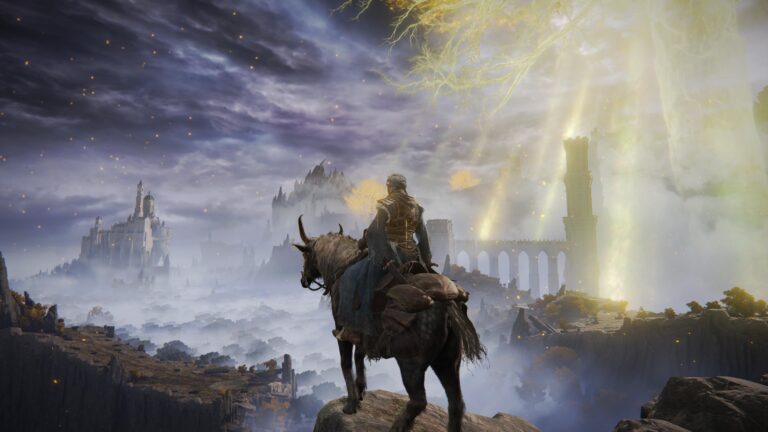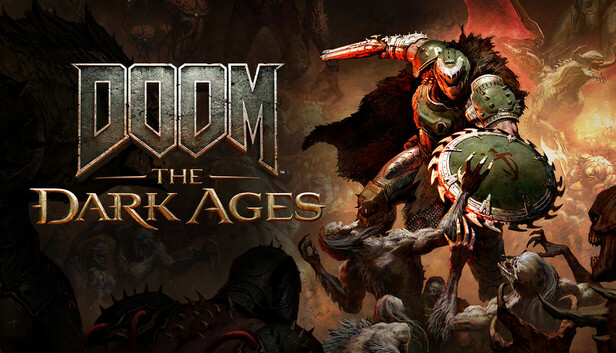Game data not found.
Story
Xenosaga Episode III: Also sprach Zarathustra is the climactic conclusion to the Xenosaga trilogy, a series known for its deep narrative and philosophical underpinnings. Released in 2006 for the PlayStation 2, the game picks up directly after the events of its predecessor, Xenosaga Episode II: Jenseits von Gut und Böse. It continues the saga of Shion Uzuki and her companions as they navigate a universe on the brink of annihilation.
The narrative of Xenosaga Episode III delves into the intricate lore that fans of the series have come to appreciate. Shion Uzuki, the protagonist, is driven to uncover the truth behind the malevolent Gnosis invasion and the shadowy organization known as the U-TIC. As she digs deeper, she grapples with personal revelations about her own past and her connections to the game’s antagonists.
One of the standout elements of the game’s story is its philosophical depth, drawing inspiration from Friedrich Nietzsche’s work, which is evident in its subtitle, “Also sprach Zarathustra.” Themes of existentialism, the nature of consciousness, and the struggle for identity are woven throughout the narrative, offering players a thought-provoking experience. The story is rich with cutscenes and dialogue that explore these complex themes, making it a cornerstone of the game’s appeal.
Gameplay
Xenosaga Episode III refines and expands upon the gameplay mechanics introduced in the previous entries of the series. It combines traditional turn-based combat with innovative features that keep the experience fresh and engaging.
Battle System
The combat system in Xenosaga Episode III is both strategic and dynamic. Players control a party of characters, each with unique abilities and roles in battle. The turn-based system incorporates a boost mechanic, allowing players to manipulate the turn order strategically. This feature adds an additional layer of depth, requiring players to think several moves ahead to outmaneuver their opponents.
Another notable addition is the return of the E.S. mechs, which are piloted by the characters during specific battles. These giant robots offer a different combat experience, emphasizing powerful attacks and unique abilities that can turn the tide of battle.
Customizability and Progression
Character development is a crucial aspect of the gameplay, with a robust skill tree system that lets players customize their party members’ abilities. This system allows for a high degree of personalization, enabling players to tailor their strategies to fit their playstyle.
The game also features a variety of side quests and optional content, providing players with ample opportunities to explore the game’s universe beyond the main storyline. These side quests often expand on the lore and character backstories, adding depth to the overall experience.
Graphics and Sound
Xenosaga Episode III showcases the technical prowess of the PlayStation 2, delivering impressive graphics and a cinematic presentation that enhances the storytelling. While it may not match the visual fidelity of modern titles, it was a standout for its time and remains visually appealing due to its art direction.
Visuals
The character models are detailed and expressive, which is crucial given the game’s reliance on cutscenes to convey its narrative. The environments are richly designed, ranging from futuristic cities to desolate outer space locations, each contributing to the game’s immersive atmosphere.
Soundtrack and Voice Acting
The soundtrack, composed by Yuki Kajiura, is one of the game’s highlights. The music perfectly complements the game’s dramatic and emotional moments, enhancing the player’s engagement with the story. The voice acting, featuring a talented cast, brings the characters to life, delivering performances that capture the complexity of the narrative.
Legacy and Reception
Xenosaga Episode III received generally positive reviews from both critics and players, who praised its narrative depth and improvements over its predecessors. It was lauded for providing a satisfying conclusion to the trilogy, tying up loose ends and delivering a powerful emotional payoff.
Despite its acclaim, the game, and the series as a whole, has maintained a cult following rather than achieving mainstream success. This is partly due to its niche appeal, with its complex story and philosophical themes attracting a specific audience. However, those who appreciate deep storytelling and character-driven narratives have found much to love in Xenosaga Episode III.
The game’s legacy is also evident in its influence on future titles. It set a benchmark for narrative complexity in RPGs and showcased how video games can explore philosophical concepts in meaningful ways. Its impact is seen in later titles that aim to blend storytelling with gameplay, further cementing Xenosaga Episode III as a pioneering work in the RPG genre.
Conclusion
Xenosaga Episode III: Also sprach Zarathustra is a fitting conclusion to a groundbreaking trilogy that pushed the boundaries of storytelling in video games. With its deep narrative, strategic gameplay, and captivating presentation, it stands as a testament to the potential of video games as a medium for exploring complex philosophical ideas.
While it may not have achieved widespread commercial success, its influence on the RPG genre and its dedicated fanbase ensure its place in gaming history. For those seeking a rich, narrative-driven experience, Xenosaga Episode III offers a journey worth taking, one that challenges players to ponder the nature of existence and the intricacies of the human condition.















